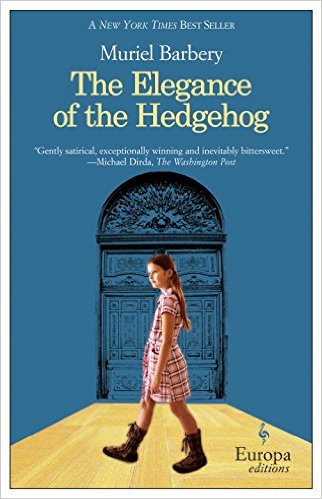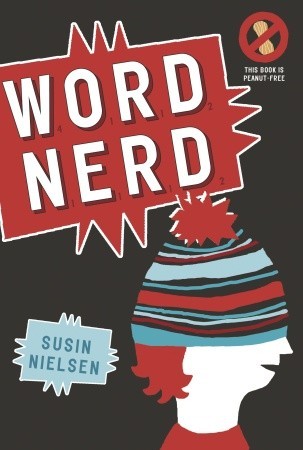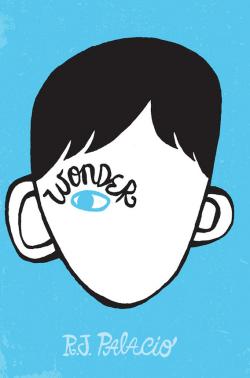
words
I love words.
I have spent countless hours over the years turning the pages of a dictionary discovering new words and/or the full definition of a word that I thought I knew but I really didn’t!
I was going to write about the perks of my job and list all the things I love about it which made me think of the sonnet How Do I Love Thee?
Here it is with a couple of janet joyisms: How do I love thee? Let me count the ways. I love thee to the depth and breadth and height My soul can reach, when turning a page For the ends of being and ideal grace. I love the emotional journey you take me on Most quiet need, by sun and flashlight. I love thee freely, as men strive for right. I love thee purely, as they turn from praise. I love thee with the passion put to use In my old griefs, and with my childhood’s faith.
I could go on with Sonnet 43 written by Elizabeth Barrett Browning but instead I’ve included the link for the complete edition.
Read it out loud.
Savour the words.
Escape 2017 and travel to the 1800’s with Elizabeth.
words
I love words.
Try this on for size. Instead of saying “I have to go to work.”
Say this trippingly on the tongue (a nod to Hamlet) … I get to go to work.

I spent time with John Jacobs, co-founder of Life is Good, when he was in Toronto last year launching their inspirational book of wisdom celebrating the power of optimism which is the driving force behind their beloved, socially conscious clothing and lifestyle brand and their new book called Life is Good.
Words are powerful.
What’s that children’s rhyme about name calling?
“Sticks and stones may break my bones, but words will never harm me.”
According to Wiki this first appeared in The Christian Recorder in March 1862. It may be derived from a verse found in the Bible in Psalm 42:10.
I think this is bogus! The rhyme is about persuading a child who is victim to bullying to ignore the taunt, to refrain from physical retaliation and to remain calm and good-natured.
Boloney!
Words hurt!! I was bullied as a kid and perhaps they didn’t break my bones but they sure broke my spirit for a long time. And I have to say I still carry the shadow of that time with me even though I am very good about pushing it down. Most of the time.
OK Cupid
Every single man from the US has started out a message to me with “Hello beautiful. Hello gorgeous. Or Hello dear.” Now that one got me!
DEAR?! don’t they know it’s a form of endearment or affection.
If you’re writing “hello dear, can’t wait to hear from you dear, write to me dear” to someone you’ve never met, never talked to : why the hell are you calling me dear?!
Talk about a turn off … for me it is empty flattery and deserving of a Swipe Left. Oh yes, I’m becoming savvy in the online dating world and it is definitely a weird fantasy land at times with men who think one paragraph is enough for me to say YES to marriage and a Green Card.
To rewind, after my separation, I went on Tinder OMG that place is awful! DELETE
Then I tried Coffee Meets Bagel. An interesting concept where I had some decent conversations and one of the men I actually met - in person! - and went on two dates with - he was truly a lovely man. But alas I’m not the one for him.
Next came OK Cupid. I found OK Cupid while I was reading The Mathematics of Love by Hannah Fry.
She wrote that this site had been founded by a group of mathematicians, “with a particularly elegant algorithm at its heart.”
I had to write a profile for this site and answer questions to experiment to see if the algorithms actually could find a match for me. This is where the “Hello Beautiful” from the US men comes in … truly EVERY SINGLE MAN started that way! Does that line work with anyone?? Anyway. Some conversations started but many died off. One sounded like a bot until I said HEY … STOP CALLING ME DEAR. Unless you’re a real person who is reading anything about me – I don’t have time to invest in meaningless words.
Words.
I love words.
The Elegance of the Hedgehog
This was a gift from a dear friend years ago. When I opened the novel and read the first three sentences. I s t o p p e d. I went to get a pencil and a dictionary. I started again. This book was unlike anything I’d read for a very long time! I wanted to ensure that I knew every word as I knew they had been carefully chosen. The first one I looked up was ERUCTATION. Do you know what means? I certainly didn’t.
Eructation means an act or instance of belching.
The sentence was “There he stood, the most recent eructation of the ruling corporate elite – a class that reproduces itself solely by means of virtuous and proper hiccups – beaming at his discovery, sharing it with me without thinking or ever dreaming for a moment that I might actually understand what he was referring to.”

I devoured this award winning book novel slowly, thoughtfully and mindfully. I encourage you to indulge in this richly suggestive novel described by The New York Times as:
“Both (of the book’s protagonists) create eloquent little essays on time, beauty and the meaning of life, Renee with erudition and Paloma with adolescent brio.”
Words.
I love words.
Do you?

Word Nerd
The description of this Nut Free book is as follows:
Twelve-year-old Ambrose is a glass-half-full kind of guy. A self-described “friendless nerd,” he moves from place to place every couple of years with his overprotective mother, Irene. When some bullies at his new school almost kill him by slipping a peanut into his sandwich — even though they know he has a deathly allergy — Ambrose is philosophical. Irene, however, is not and decides that Ambrose will be home-schooled.
Alone in the evenings when Irene goes to work, Ambrose pesters Cosmo, the twenty-five-year-old son of the Greek landlords who live upstairs. Cosmo has just been released from jail for breaking and entering to support a drug habit. Quite by accident, Ambrose discovers that they share a love of Scrabble and coerces Cosmo into taking him to the West Side Scrabble Club, where Cosmo falls for Amanda, the club director. Posing as Ambrose’s Big Brother to impress her, Cosmo is motivated to take Ambrose to the weekly meetings and to give him lessons in self-defense. Cosmo, Amanda, and Ambrose soon form an unlikely alliance and, for the first time in his life, Ambrose blossoms. The characters at the Scrabble Club come to embrace Ambrose for who he is and for their shared love of words. There’s only one problem: Irene has no idea what Ambrose is up to.
In this brilliantly observed novel, author Susin Nielsen transports the reader to the world of competitive Scrabble as seen from the honest yet funny viewpoint of a boy who’s searching for acceptance and for a place to call home.
Words.

Choose kind and if you haven’t read WONDER - please get a copy. Let the story of August inhabit you.
Words.
You know I’m not succinct. B u t suffice it to say … please take my suggestion and read the words that move you; take you on a journey; stimulate your intellect; produce an ugly cathartic cry and begin again.
love, light and laughter
Those three words were shared daily with me in Kerala, India…. that’s another story for another day.
Sincerely,
Janet Joy